Buying a home comes with a lot of paperwork and numbers that can quickly feel overwhelming. One term you might come across is “prepaid costs”—but what exactly does that mean?
Prepaid costs are fees you pay upfront at closing to cover things like property taxes and insurance before they’re due. These charges catch many buyers off guard, so understanding what they are and why they’re required can help you avoid any last-minute confusion.
Whether you recently purchased a home in Portland, OR or San Diego, CA, this Redfin guide will explain prepaid costs in simple terms, so you can head into closing day feeling confident and prepared.
What are prepaid costs when buying a home?
When you close on a home, the responsibility for certain expenses transfers from the seller to you. To prevent any missed payments, lenders ask buyers to pay some of these costs in advance at closing. These aren’t part of your down payment or closing costs in the traditional sense — they’re more like “pay now, be covered later” fees.
These upfront payments, known as prepaid costs, cover things like property taxes and insurance before they come due. Similar to your earnest money deposit, these funds are placed into an escrow account, where they’re safely held until the bills need to be paid.
So, which prepaid costs should you expect at closing?
Before we dive in, it’s important to know that lenders require these costs to be paid upfront. Simply put, it’s about protecting everyone involved. These prepaid costs make sure important bills like property taxes and insurance are covered right from the start — even before your first mortgage payment is due. That way, no one falls behind, and you can head into closing with confidence.
Here’s a breakdown of the prepaid costs your lender might require.
1. Property taxes
Depending on when you close and where you live, you might need to prepay a few months of property taxes. For example: let’s say you close in October and taxes are due annually in November, you might prepay the rest of the year’s taxes to avoid late payments. Property tax schedules vary by location, so it’s important to know your local rules.
Tax bills don’t care when you bought the house, they still need to be paid on time. Your lender just wants to make sure those bills get covered.
2. Homeowners insurance
You’ll almost always pay your first year of homeowners insurance upfront at closing. It’s a must-have, and your lender won’t approve your loan without it. Basically, it makes sure your new home is protected from day one.
3. Mortgage interest
Here’s the tricky part: if you close mid-month, interest starts accruing the day you take ownership, even though your first mortgage payment isn’t due until next month. To cover that gap, your lender will collect prepaid mortgage interest at closing for those in-between days.
4. Escrow account funds
Most buyers have an escrow account to cover future property taxes and insurance. At closing, you’ll put a few months’ worth of those payments into this account so your lender can pay the bills on your behalf when they’re due.
5. Mortgage insurance
If your down payment is less than 20%, you’ll usually need to pay for mortgage insurance. This protects the lender if you default on the loan. For conventional loans, it’s called private mortgage insurance (PMI). Usually, you’ll pay the first month’s PMI premium upfront at closing, then it’s added to your monthly mortgage payments. PMI helps you get a loan with a smaller down payment but adds to your costs until you build enough equity to cancel it.
What should you expect to pay in prepaid costs?
Prepaid costs typically range from about 2% to 5% of your home’s purchase price. The exact amount depends on factors like your closing date, local property tax rates, homeowners insurance premiums, and whether your lender requires you to escrow these payments.
For example, if you’re buying a $350,000 home, your prepaid costs might fall between $7,000 and $17,500. These expenses can add up quickly, so it’s important to budget for them.
Pro tip: Closing later in the month can reduce your prepaid interest since you’ll owe less interest upfront. This can save you a few hundred dollars, which can be helpful if you’re working with a tight budget.
>> Read: How Much Money Do I Need to Buy a House?
How to estimate prepaid costs
As we mentioned earlier, prepaid costs usually fall somewhere between 2% and 5% of your home’s purchase price.
Here’s a quick breakdown of what to expect for each fee:
- Homeowners insurance: Most lenders want you to pay 6 to 12 months upfront. So if your annual premium is $1,200, you’ll probably prepay somewhere between $1,200 and $2,400 at closing.
- Property taxes: These vary based on where you live and when you close. A quick way to estimate: take your yearly tax bill, divide by 365, and multiply by the number of days between your closing date and the next tax due date.
- Mortgage interest: Interest starts adding up the day you close—even though your first full payment isn’t due until the following month. So if you close mid-month, you’ll prepay interest for those in-between days.
- Escrow account funds: If your lender sets up an escrow account (which most do), they’ll probably ask you to put in a couple of months’ worth of property taxes and insurance upfront. It’s just a buffer to make sure those bills get paid on time.
Closing costs vs. prepaid costs
Closing costs and prepaid costs are not the same thing, and knowing the difference can help you budget smarter for closing day.
- Closing costs are one-time fees you pay to third parties for services related to buying your home.
- Prepaid costs, on the other hand, are future homeownership expenses you’re just paying in advance.
Let’s take a closer look:
| Closing costs | Prepaid costs |
| Paid once at closing | Ongoing expenses you’re paying upfront, like taxes and insurance |
| May include: loan origination fees, title insurance, appraisal fees, and recording fees | May include: property taxes, homeowners insurance, prepaid interest, escrow funds, and possibly PMI |
| Covers services needed to process and finalize your loan | Covers future homeownership costs before they’re due |
What can you do to prepare?
- Ask for estimates early. Your lender will give you a loan estimate — look it over and don’t be afraid to ask questions.
- Shop around for homeowners insurance. Rates vary, and lower premiums = lower prepaid costs.
- Time your closing strategically. If you close closer to the end of the month, you’ll pay less in prepaid interest.
- Budget for more than the down payment. It’s easy to forget how much these extras add up — so don’t!
FAQS: Prepaid costs when buying a home
What are prepaid costs?
Prepaid costs are upfront expenses you pay at closing for things like property taxes, homeowners insurance, mortgage interest, and escrow funds. These payments cover bills that come due after you take ownership, ensuring your home and loan are protected from day one.
Why do I need to pay them?
Lenders require these costs to ensure important bills like taxes and insurance are paid on time, even before your first mortgage payment is due. This helps avoid any missed payments and gives everyone peace of mind.
How much do they cost?
Prepaid costs generally run between 2% and 5% of your home’s price. For example, on a $350,000 home, you might pay anywhere from $7,000 to $17,500. The exact amount depends on your closing date, local taxes, insurance premiums, and escrow requirements.
Where can I find my prepaid costs?
You’ll find your prepaid costs listed in your loan estimate and closing disclosure—these docs break down exactly what you’ll owe at closing. If you’re scanning through and not sure what’s what, don’t stress. Your lender or agent can walk you through the details and help make sure everything adds up.









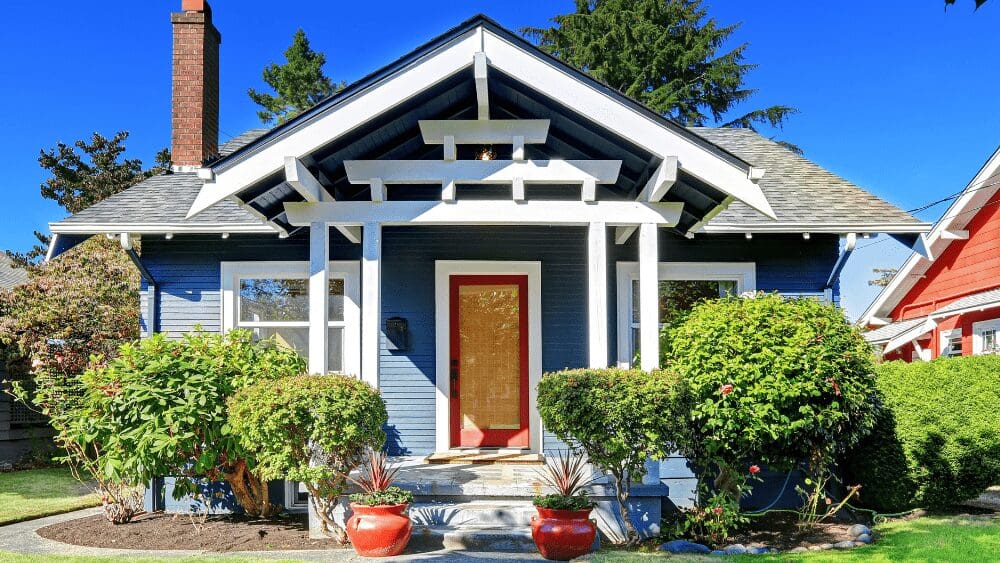
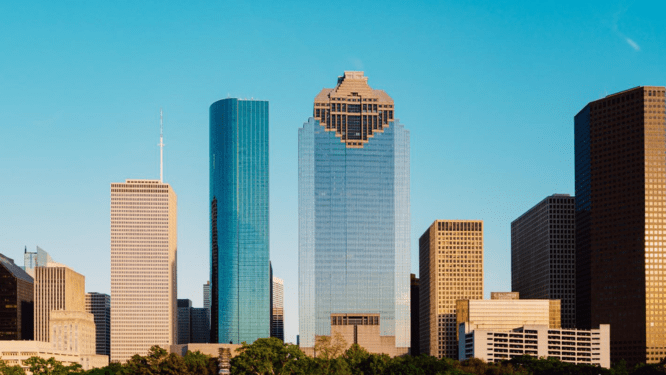



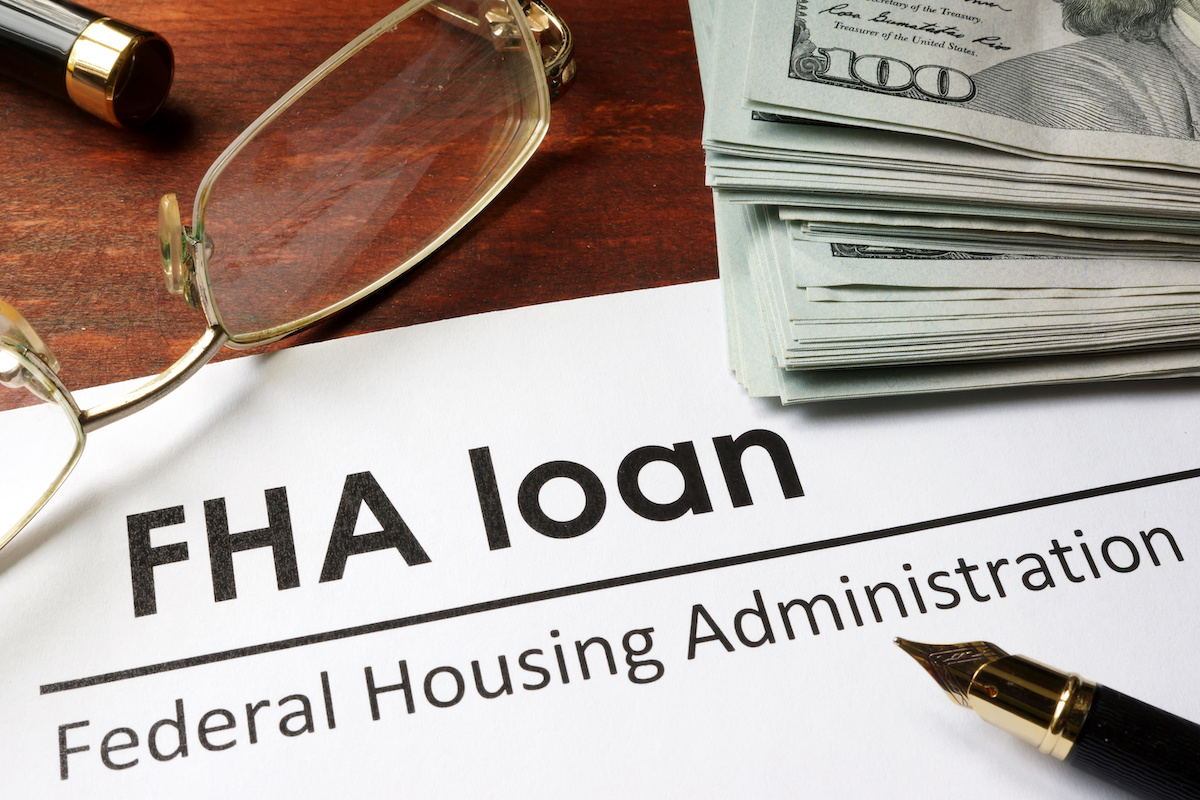

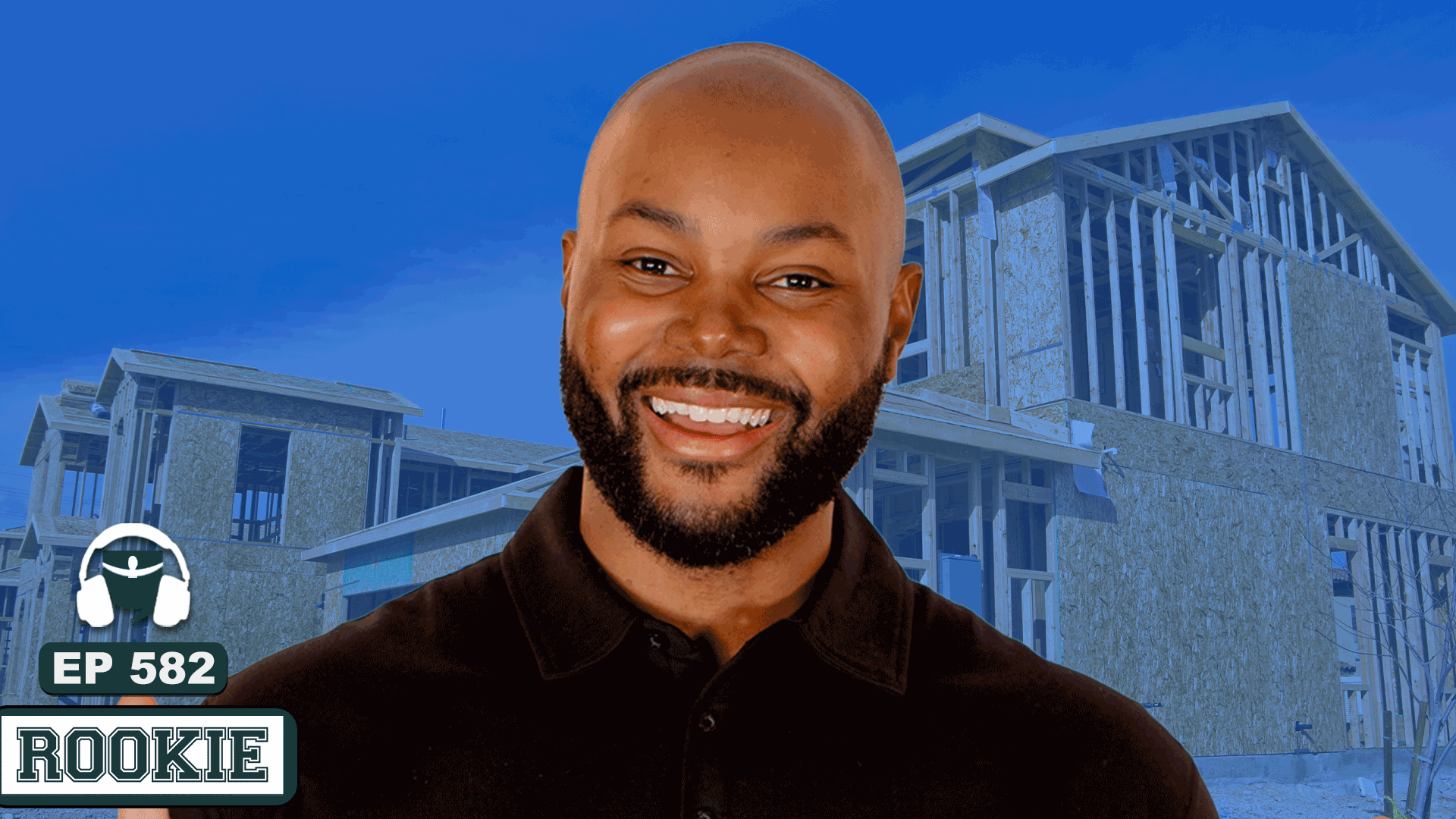
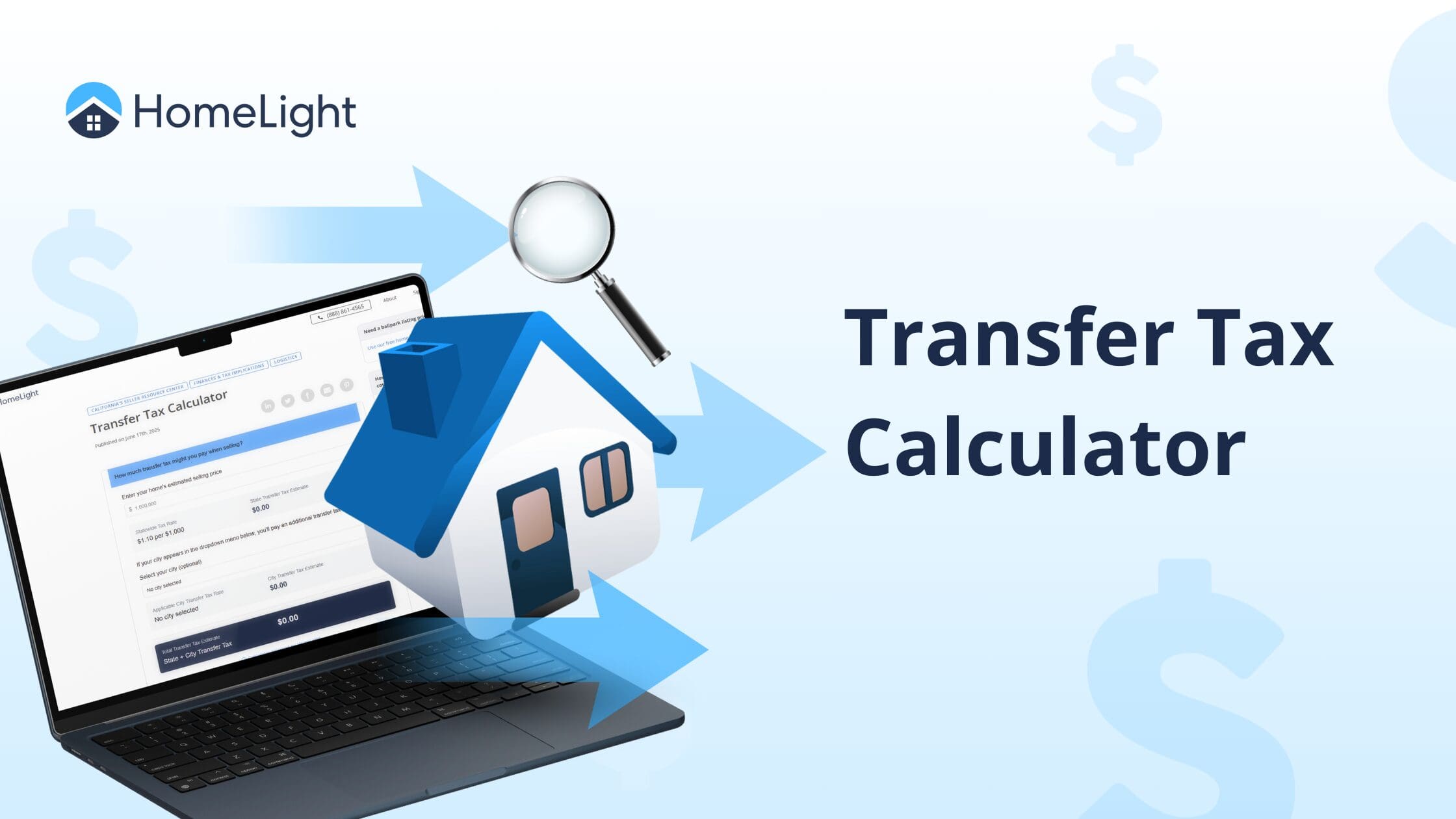

 English (US) ·
English (US) ·